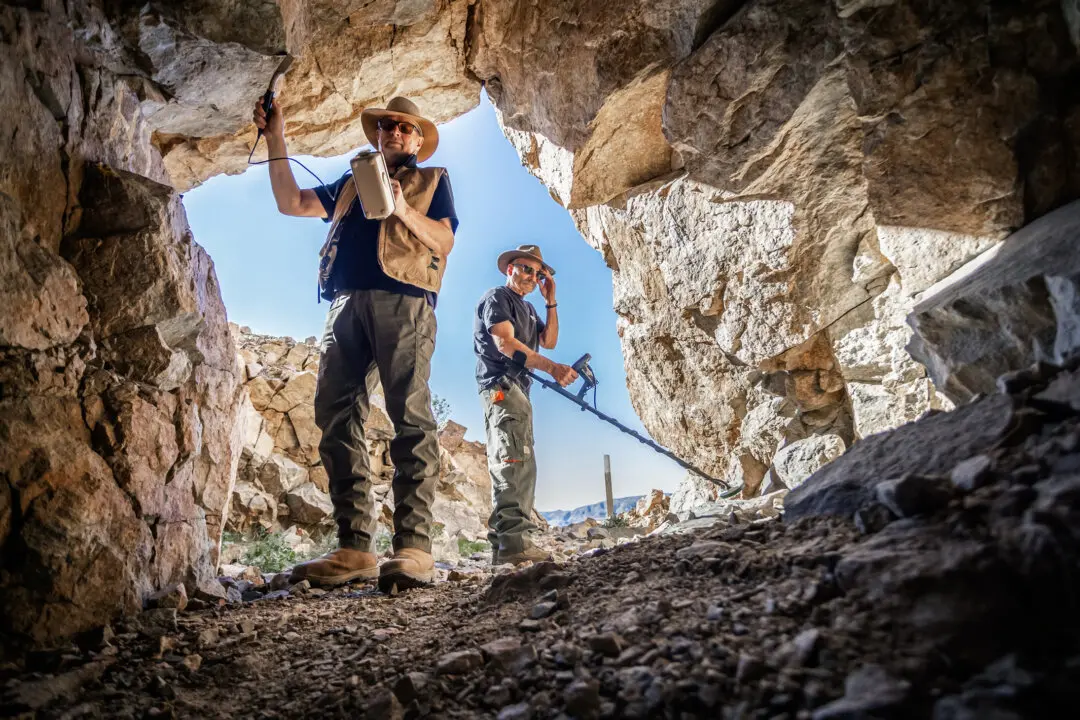A California Superior Court judge on June 12 granted a temporary restraining order against Gov. Gavin Newsom’s executive order requiring all counties in the state to send vote-by-mail ballots to every registered voter for the Nov. 3 general election.
Sutter County Judge Perry Parker suspended Newsom’s Executive Order N-67-20, issued on June 3, calling it “an impermissible use of legislative powers in violation of the California Constitution and the laws of the State of California.”





